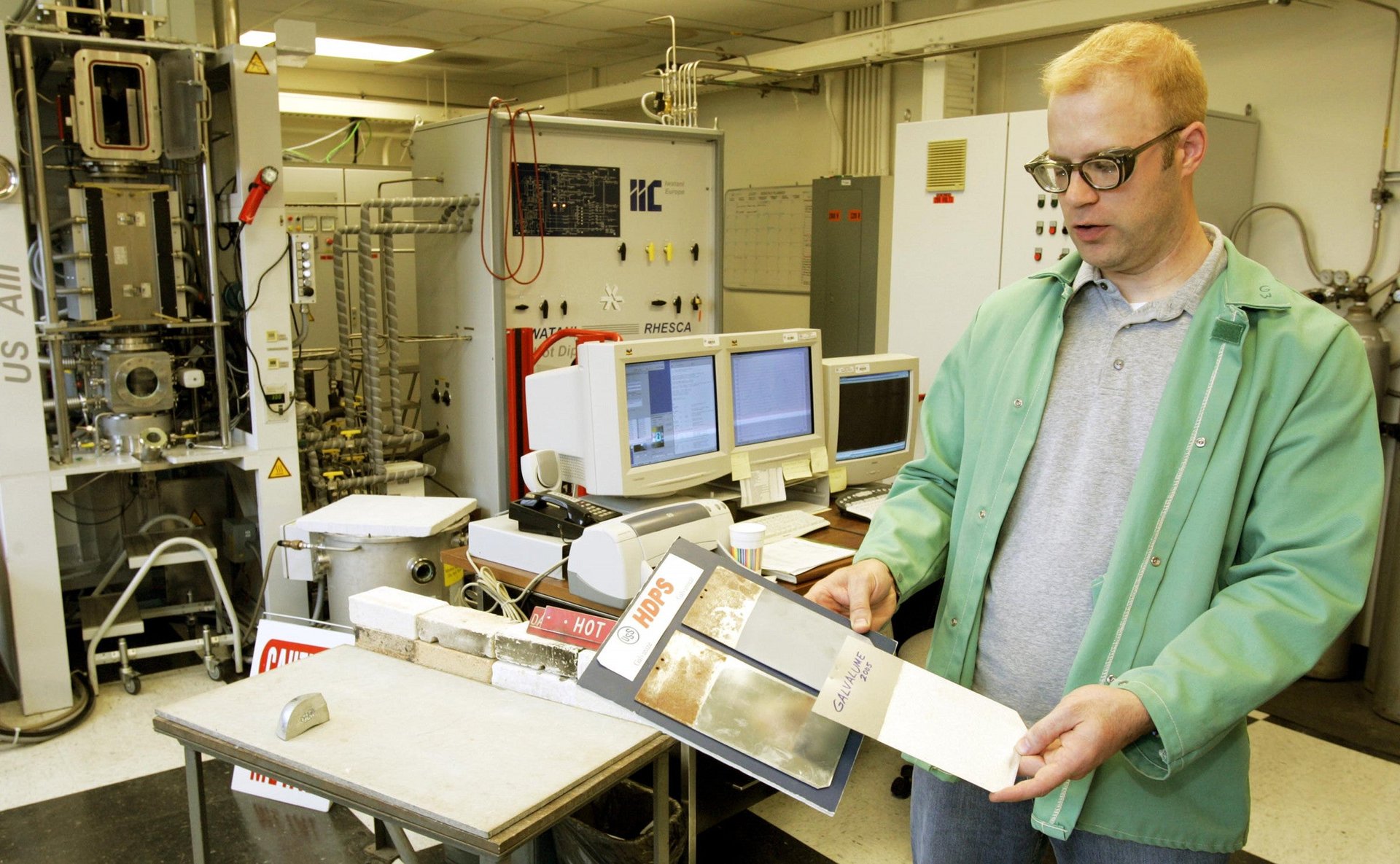Four concrete ways the fiscal cliff is hurting business today
If you ask companies what’s making it hard for them to expand immediately, a standard set of answers have become a cliché: “the fiscal cliff,” “uncertainty,” “US fiscal policy.”

If you ask companies what’s making it hard for them to expand immediately, a standard set of answers have become a cliché: “the fiscal cliff,” “uncertainty,” “US fiscal policy.”
For all the gloomy rhetoric, most businesses are worried that the program of steep tax increases and spending cuts scheduled to take effect in January 2013 will result in a general economic malaise.
But unless a company is directly paid by the government, like defense contractors, who ought to be nervous, or hospitals, which depend on Medicare reimbursements, spending cuts don’t spell immediate doom. And while the income tax hikes included in the bill dismay corporate leaders, few of the businesses filing under the personal income tax will be directly affected.
It turns out that the immediate concern for businesses are specific corporate tax breaks—sometimes, in the case of a tax break for NASCAR, the American car-racing circuit, all too specific—that directly effect the cost of doing business: Some $65 billion of these credits and deductions are due to lapse when the cliff arrives. Here are four things businesses say they are having trouble doing today thanks to January’s fiscal cliff:
- Launching new research projects. It’s not clear whether the research and experimentation tax credit will be made permanent, or what level it will be set at. With businesses considering three, five or even 10 year timelines for projects like these, the ambiguous status of the credit makes planning challenging, according to Caroline Harris, the US Chamber of Commerce’s chief tax policy counsel. Some companies, Harris warns, will choose to make big research investments in other countries rather than wait for the US to get its act together.
- Buying new equipment. Two tax provisions, bonus depreciation and “enhanced section 179 expensing,” are scheduled to become much less generous. These rules allow businesses to write-off the costs of purchasing new equipment faster than they otherwise would, giving them an incentive to bring forward big purchases they might otherwise put off. But it’s hard to figure out the final price if the rules change next year. That means manufacturers might hesitate to buy a new $100,000 automatic mill.
- Making windmills. It takes a $1 billion tax break too keep the wind turbine industry competitive with fossil fuels and that break is also on the chopping block. Turbine manufacturers have been laying off workers and slowing production already, saying they won’t be able to compete without government help.
- Hiring new employees. While it’s not part of the collection specific breaks, a temporary cut in the taxes all employees pay for public pensions and health care is scheduled to expire as part of the fiscal cliff. Because employers pay half the cost of the taxes, uncertainty about whether it will continue effects companies efforts to figure out the cost of bringing on new full-time workers.
Many of the provisions that companies are worried about came into being as part of the 2009 stimulus act, including the capital investment tax breaks, and some critics of the stimulus say these breaks shouldn’t be permanent. Studies suggest that, while businesses enjoyed the tax breaks that came with accelerated depreciation, they didn’t actually increase their purchases all that much. Regardless of their efficacy, the question of whether they’ll be extended in the new year still depends on the outcome of the election and the sure-to-be tense negotiations that result.